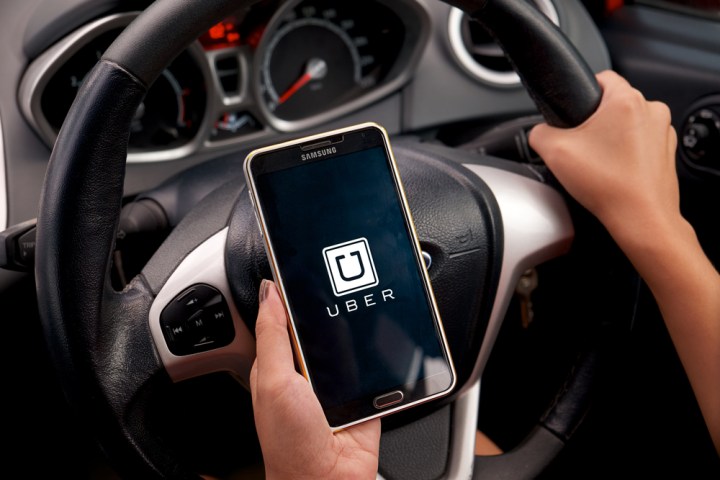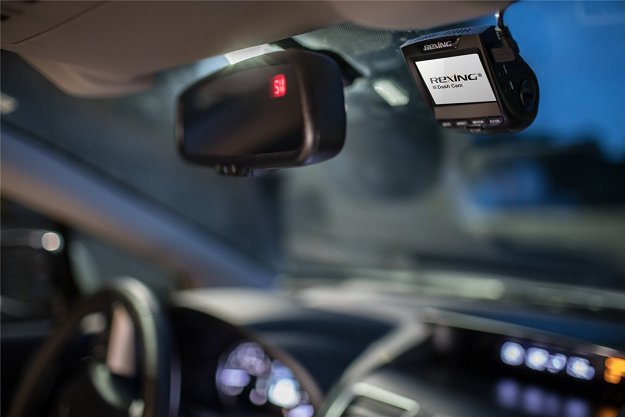
The bomb exploded around 9:30 p.m. ET. A date stamped Tweet from @Uber_NYC at 9:46 p.m. read, “Surge pricing has been turned off in the #Chelsea #explosion area. Allow extra time for drivers to navigate due to road closures. Stay Safe.”
The relatively fast surge pricing reversal wasn’t reflected in tweets by some riders who were upset about the price bumps. Tweets up to three hours later complained about higher pricing. Fortune reported, however, “… it’s unclear if the customers are misinformed or just posted their complaints well after the ride …”
It also looks like Uber will refund anyone who paid surge prices in the Chelsea area during the short time the higher fares were in effect. A tweet from @travelintechguy read, “@Uber just lost my business for triple charging in #NYC after last night’s terror bombing #Ubersucks.” Uber responded shortly thereafter with “@travelintechguy Surge pricing was disabled in the area following the explosion. Let’s DM to make sure you weren’t charged in error.”
While on the one hand, it may make economic sense to use surge pricing to incentivize Uber drivers to head toward a disaster area, riders and public officials don’t like it. After a hostage incident in Sydney, Australia in 2014 when surge pricing was instituted and roundly criticized, Uber apologized for the price increase, saying it was “truly sorry.”
Also in 2014, Uber entered into an agreement with New York Attorney General Eric Schneiderman to have its policies comply with state law that protects consumers from price increases during disasters.
Editors' Recommendations
- Lyft says it’s trying to get rid of surge pricing
- Recording rides won’t fix Uber’s assault problem, lawyers say, but it’s a start
- Uber is now arguing that it doesn’t actually have any drivers




